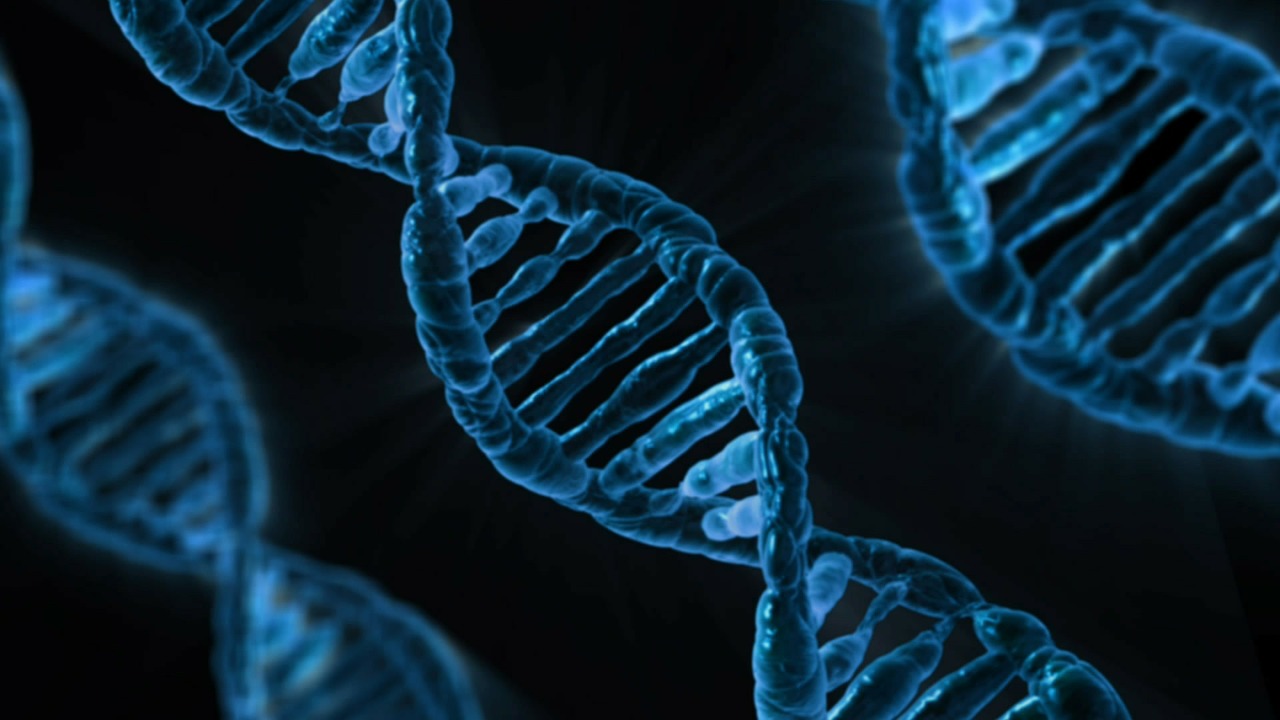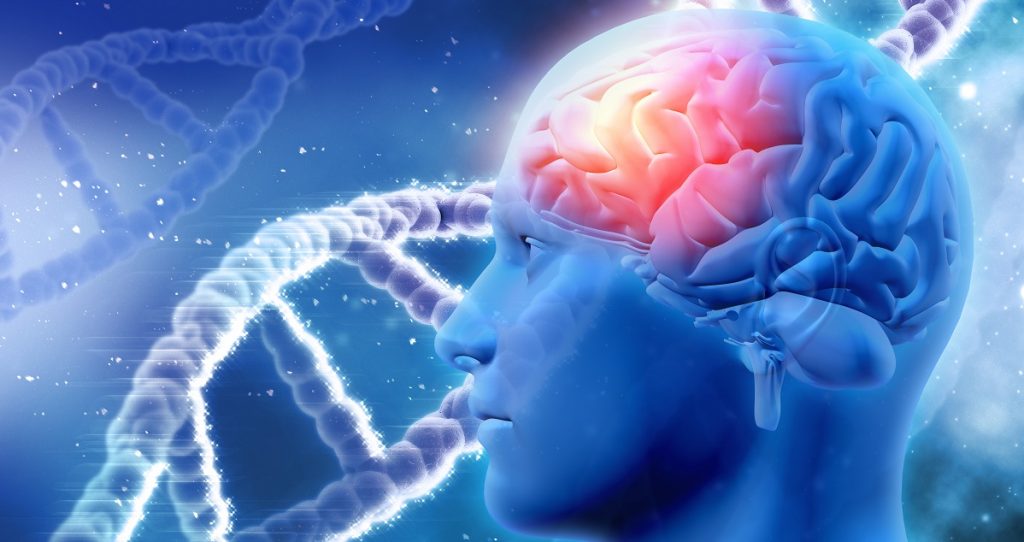Israeli scientists have recently discovered that memories, the retention of information over time often for the purpose of influencing future action, leave a genetic mark on our brains, even after death.
In a recent study, researchers from the Hebrew University of Jerusalem looked at gene patterns encoded in specific brain regions of mice after those mice endured positive and negative experiences. They noticed that the same gene patterns reproduced themselves in different mice that had undergone the same experience. This led the researchers to believe that they had identified a gene expression signature that was unique to the different experiences, suggesting the existence of a gene expression code for memory formation.
Dr. Ami Citri, head of the Citri Lab at the Edmond and Lily Safra Center for Brain Sciences and the Alexander Silberman Institute for Life Sciences at the Hebrew University of Jerusalem, led a team that studied 14 specific gene expression codes found consistently in the brain
The findings were published by the Hebrew University of Jerusalem and the Canadian Institute for Advanced Research in the biomedical-and-life-sciences-focused scientific journal eLife in February.

Gene expression codes in mice were so specific that it was possible to use them to accurately predict which kind of experience the mouse had already encountered. Photo via Creative Commons.
The research initially began as an attempt to decipher the mechanisms encoding the experience of cocaine in mice, Citri said. The team wanted to study how the positive experience of the narcotic affected behavioral patterns, compulsions, and eventually addiction. When they noticed that the same gene expression code showed up consistently in the mice based on multiple uses of the narcotic, they decided to see if a specific code was able to be reproduced with an aversive response to a negative situation.
SEE ALSO: A Fear-Free World? Israeli Scientists Succeed In Erasing Memory of Fear In Mice
According to Citri, the scientists hypothesized that even with a change in the circumstances, the same gene expression code would be fostered in the brain consistently. Instead, the scientists were surprised to learn that a negative experience — the mice were given a chemical to make them feel ill — established a different gene expression code that was unique, but consistently induced in different mice experiencing the same negative experience.
Eventually, other experiences were added to other mice including electric shocks and sugar treats.
Each event became associated with a specific gene expression code across five brain areas that react to memorable events. Positive experiences produced gene expression codes that were similar to each other as did the negative experiences, though good memories and bad memories are recorded differently, according to the study.
“It’s complicated, but I can see how someone can use this with a psychological approach,” Citri tells NoCamels. Though he notes that the team is “far away from anything” related to testing on humans, he does see how using the findings might be able to develop a more personalized psychiatry that is more biological and less subjective to the patient and practitioner.
Citri says he hopes that eventually indicators can be developed that can help treat patients with psychiatric disorders such as obsessive-compulsive disorder, schizophrenia, and post-traumatic stress disorder, that are triggered by memory, experience, situation, and circumstance. “Basically, when we reconsolidate a memory, we can open it up, and can help with treatment, tweaking psychotherapy,” he explains, noting that he would be interested in testing the difference in gene expression codes related to how a typical patient responds to an experience versus an atypical patient, someone with a substance abuse or psychiatric disorder.
In order to be able to transfer the testing to humans, genetic codes need to be detected in blood samples. “We don’t have good ways yet of expanding gene expressions from the brain to blood to see if there’s an echo [of the gene expression code],” Citri tells NoCamels. The team did have some promising early results transferring brain signatures to blood samples in mice, he adds.
The gene expression codes in mice were also so specific that it was possible to use them to accurately predict which kind of experience the mouse had already encountered with over 90 percent accuracy, Citri says.
Sign up for our free weekly newsletter
SubscribeWhether the event had already happened also had an effect. For example, the memory of a taste of sugar or dose of cocaine had a different signature if it was a mouse’s first taste or if it had already become a habit.
“We can separate out a wide variety of different experiences. Each memory that’s being encoded has a unique input in the brain in terms of the genes switched on to encode it,” Citri told the science and technology magazine New Scientist.
The mice were eventually euthanized so that the team could look at which genes were expressed in the seven areas of the brain involved in memory, like the amygdala, the part of the brain associated with processing negative emotions, Citri said. The team was still able to see what kind of experience the mouse had had through its gene expression code, a “signature” that was still apparent about an hour after the death. Citri adds that they were even able to see an echo of the code after two hour and four hour intervals.
“You can still see some echo after two hours,” he said, “It might even be possible past four hours. Maybe even days, months, years, but we have not gotten that far yet. The best we can do now is an hour, maybe two or four,” he noted, saying the system “could be improved.”
The New Scientist speculated that the “memory code could even have forensic applications in the future, revealing the most recent experiences of someone who has been killed.”
“For example, it might one day be possible to look at a brain region linked to recognition, and be able to tell whether a murder victim has seen someone they knew before they died,” it reported.
Memories of today impact the future
Gene expression can also impact the future based on the experience now, Citri tells NoCamels, because memory can often influence future action. Citri and his team noticed in their tests that shifting the way something is encoded in the present could also shift its response in the future.
SEE ALSO: Paralyzed Rats Can Walk Again After Israeli Scientists Inject Human Stem Cells
The team is currently testing the idea of being able to modify the response of mice to a negative experience. Citri says they are currently progressing with a study in which they have disrupted the expression of a gene called Egr2 in the amygdala. The result is a shift in the behavior of mice from passive coping with aversive experience to active coping, according to Citri. Mice typically freeze in place when exposed to a scary stimulus (passive coping), but disruption of this gene caused mice to shift their behavior to active avoidance of the aversive stimulus, a dramatic shift of their innate behavioral strategy.
Although the team has not yet studied this, there is also talk of studying transgenerational epigenetic signatures, or in other words, genetic signatures that are passed down from one generation to the other.
Related posts

Israeli Medical Technologies That Could Change The World

Harnessing Our Own Bodies For Side Effect-Free Weight Loss

Missing Protein Could Unlock Treatment For Aggressive Lung Cancer





Facebook comments